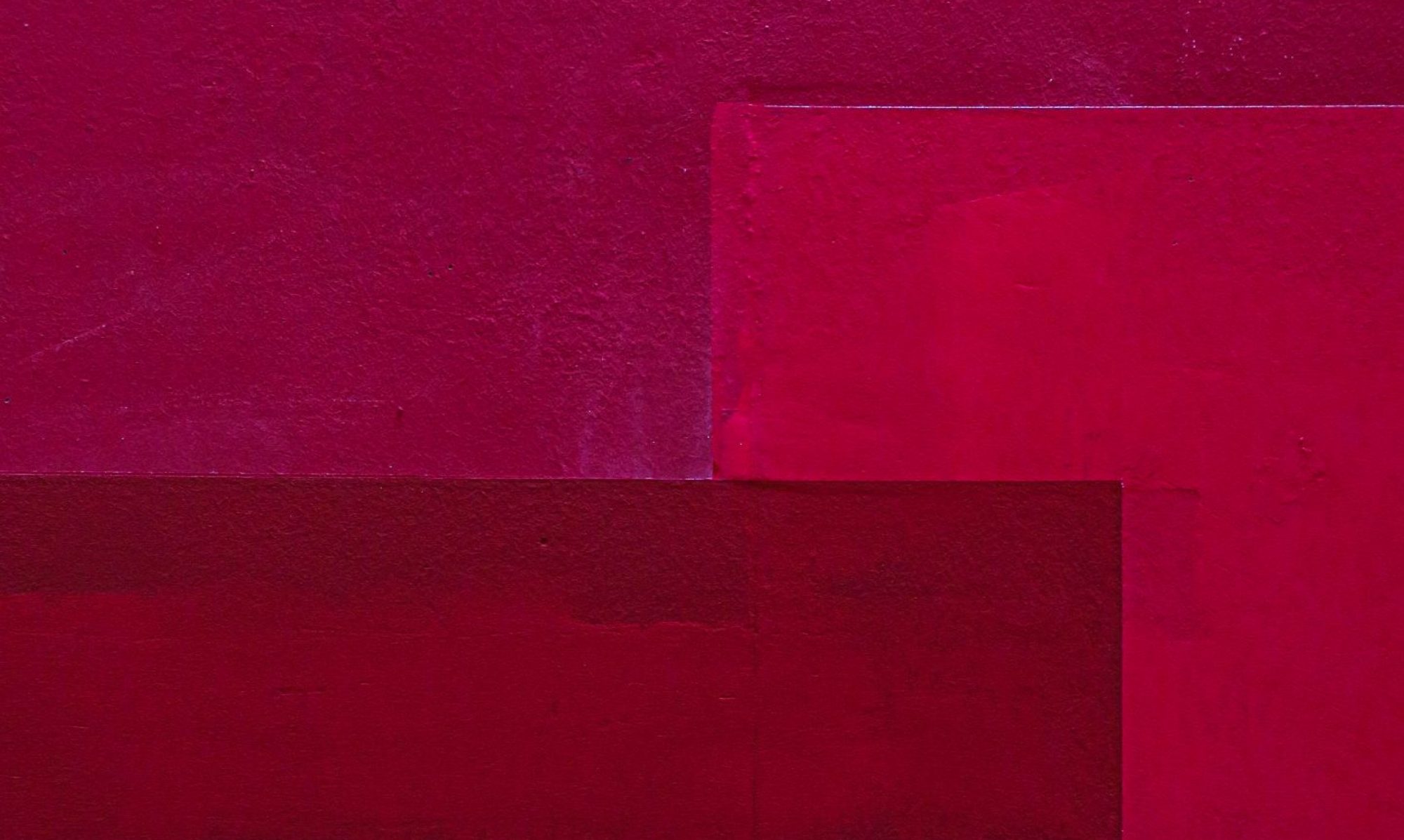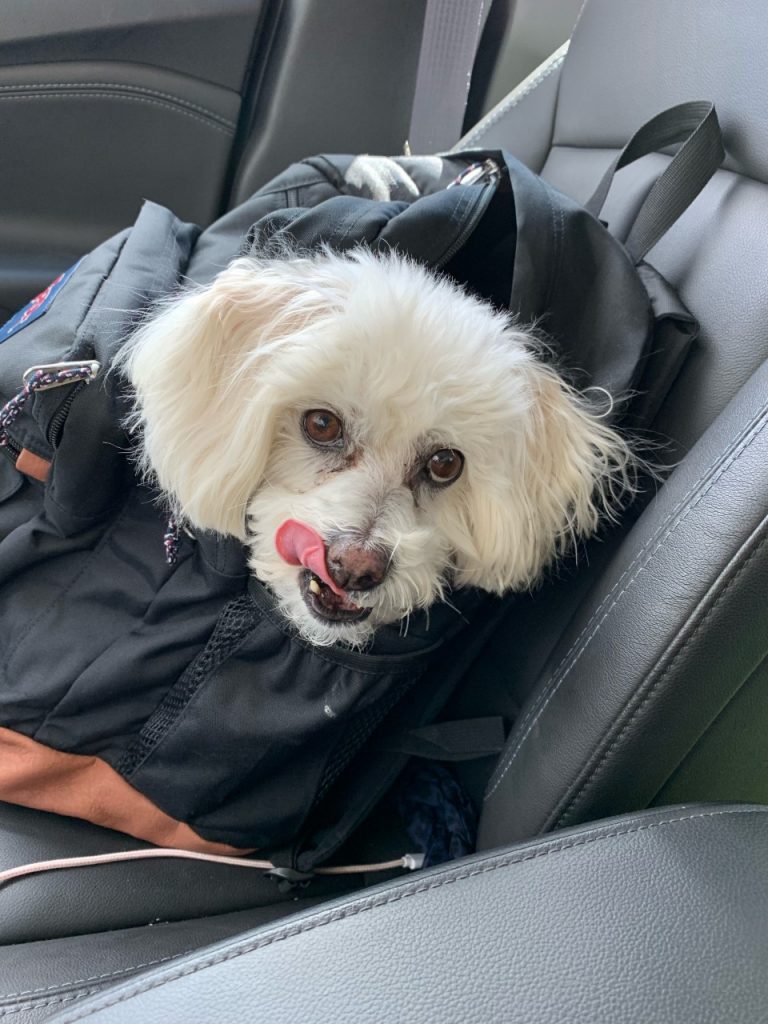Audre Lorde’s the Cancer Journals is a text with many goals, it is a critique on the medical industry, a feminist text, and so much more. In her critiques on the medical industry she explains how it is an industry more focused on its profits on sick people than actual caring. She denounces her need to wear a prosthetic breast only to seem as though she is normal or feminine. When she is not ever to be normal again and she can be feminine with only one breast. She was proud of having only one breast as it showed her journey and struggle to survive. She was a beacon of revolution for queer and people of color that lacked representation in the medical environment and who lacked resources for medical help. Yet, there is one more important thing that her text is, a self-reflection of her pain and her struggle to find her peace with the possibility of death. Through her journal entries scattered throughout her critiques she gives readers an insight into her pain and her fight to find peace with her possible death.
Within the introduction to her text Lorde speaks to how throughout her journey with cancer there was a “commonality” (10) between being in a state of isolation and “painful reassessment” (10). In dealing with cancer there is a loss of identifiable feature or appendage sometimes. To cope or deal a person must re-evaluate how they see themselves. Think of it as a puzzle where it is all a mess or pieces don’t fit. It must be re-assembled or even reconfigured into a new image. The cancer patient is doing the same, just with their identity and self-image. A hard task to take on. A person who has lived the majority of their life seeing and using an appendage or feature suddenly loses that piece. Their identity takes on a new meaning and they must come to grips with that. It can make someone feel as though they are less than or even non-human.
Living with her diagnosis Lorde speaks to how she feels as though her pain, “fills me like a puspocket and every touch threatens breech the taught membrane that keeps it from flowing through and poisoning my whole existence” (11). In analyzing this statement one can see how Lorde is focusing on her pain whether it be mental or physical. This statement gives the reader a sense of how she feels. There is an agony and despair in the tone of her words. In likening it to a “puspocket” (11) a reader can see how the pain she feels is being contained by nothing but a small, thin film. At any moment the membrane can break lending a sense of suspense and apprehension. The pus itself shows how the pain is a physical thing she feels. A viscous liquid that will cling to her if let free. Likening it to a poison is very apt description. Cancer is “abnormal cell growth with the potential to invade or spread to other parts of the body” (wikipedia). A poisoning of cells. Overall, her pain is toxic, a contaminating substance that she is barely containing. Her whole description lends itself to the self-reflection on how she is losing her hope or her hope for getting better which is unseen at this point.
Lorde speaks to how she is growing cold but finds warmth in solidarity. “The gong in my brain of “malignant,” “malignant,” and the icy sensations of that frigid room, cut through the remnants of anesthesia like a firehouse trained on my brain” (27). A classmate of mine described this quote as Lorde describing, “…her own feelings of coldness she now feels inside herself” (Marian). In dealing with her pain she feels as though she is losing the warmth of life. As a body is slowly and progressively declining it slowly shuts down. The body cannot give itself warmth, therefore cold. Even though Lorde feels as though she is slowly wasting away in the cold, she does find warmth with her friends. “And my friends, who flooded me with love and concern and appreciation and relief gave me so much energy that for those first 48 hours I really felt as if I was done with death and pain, and even loss, and that I had for some unknown reason been very very lucky” (37-38). Lorde found she could move past her pain and her focus on death by being with her close-knit community of women. Her friends were her anchor to life and they made sure she knew that by showering her with love and concern.
Lorde voices her fears about pain and death through her writing which in turn lessens their destructive power. Lorde speaks to how she feared death and cancer. She, like every person who faces cancer, sees it as a formidable thing. Facing the fact that her very cells turn against her, her body decides it is done being a healthy vessel but a slowly declining husk, a shell of her former self. People always have stories about how after the diagnosis all these concerns and great fears spring up. Lorde states, “fears are most powerful when they are most powerful when they are not given voice…” (15). Lorde views her fears as having this immense control over her when she hides them. Lorde speaks to how she thinks she can turn her fears into something less traumatizing or scary by voicing her fears, “to live beyond fear by living through it, and in the process learning to turn fury at my own limitations into some more creative energy” (15). By putting her scaredness to paper she finds she can better face her diagnosis.
Lorde remained strong in her battle through her solidarity with women and by letting her creativity guide her through her toughest times. Lorde was a revolutionary for queer, people of color, and all women. She was a woman who learned to face her fears of pain and death by channeling it into the writings of the Cancer Journals and into her critiques on the medical industry. She stood proudly before men and women of all races who judged her for having one breast and declining to wear a prosthetic. Stood proudly behind her beliefs and critiques. She, overall, faced down her fears and stayed strong.
Works Cited
“Cancer.” Wikipedia, Wikimedia Foundation, 1 May 2020, en.wikipedia.org/wiki/Cancer.Lorde, Audre. The Cancer Journals. 2nd ed., Aunt Lute Books, 1992.


